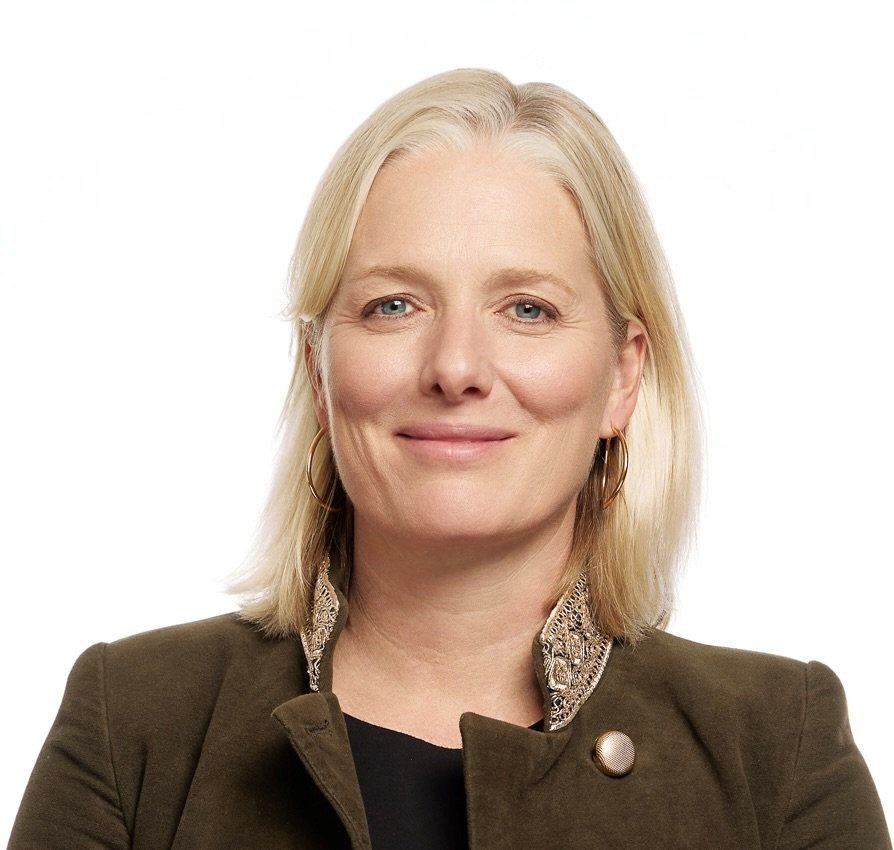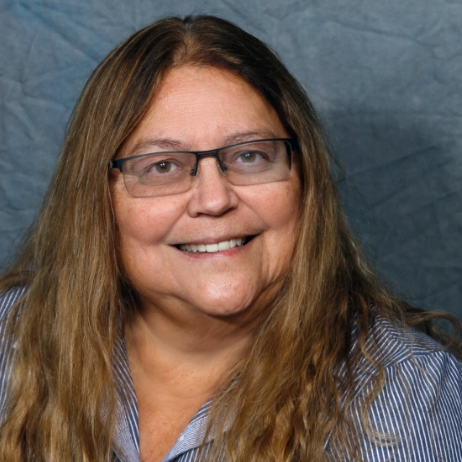Former Environment Minister Catherine McKenna along with retired Archdeacon Valerie Kerr join CLC’s February Indigenous Book Study on Feb 5 by Donna McGreal
Our February 2024 book selection was, Life in the City of Dirty Water: A Memoir written by Clayton Thomas-Müller which showed his growth from humble, abusive, and very challenging beginnings to his devotion to activism on behalf of Indigenous peoples. One Book Club member said, “I am humbled to read his story of personal transformation…His life is an illustration of the Paschal mystery lived through his life of suffering…He has given much to his people and to us and showed the pathway forward for us to be allies in the journey of reconciliation.” In Thomas-Müller’s book there is significant reference to the environmental impact on Indigenous peoples because of the extraction of resources from Mother Earth.
Joining our discussion was Retired Archdeacon Valerie Kerr ((Mohawk, Wolf Clan) of the Anglican Diocese of Niagara Truth, Reconciliation, and Indigenous Ministry. Her speaking engagements are many and feature teaching, building relationships and fostering healing and reconciliation between Indigenous and non-Indigenous peoples. Val is always a frequent visitor to the Catholic Diocese of Hamilton’s Listening to Indigenous Voices program and it was our pleasure to have her visit with us at Book Club.
We were also grateful to Catherine McKenna, lawyer, former MP for Ottawa Centre and former Federal Minister of the Environment and Climate Change and of Infrastructure and Communities who joined us. In 2021, Catherine founded Climate and Nature Solutions, an advisory firm that works with governments, corporations, foundations, and universities to create practical climate and nature-based solutions. She holds a position at Columbia University’s Centre on Global Energy Policy and Climate School and has chaired prominent environmental committees at the United Nations level. Catherine, a lifelong Catholic, was greatly impacted by the Pope’s personal comments inside the cover of Laudato Si that he presented to her in Rome: To the Honourable Catherine McKenna, please keep caring for our common home. God bless you and pray for me, Francis.
Under Catherine’s leadership, the Liberal government Environmental Assessment Programme was rewritten and now mandates a consultation process with Indigenous communities. In her subsequent meetings with Indigenous leaders, she learned of the extremely negative impact on Indigenous peoples by past lack of consultation. She educated us about the minimal benefits that resource development provides to Indigenous peoples, yet the significant negative impact on their land and lives. Under the new assessment, if a proposed project seems positive for development, the affected Indigenous Nation is brought in to the consultation. As a result, it becomes possible to develop in a way that is sustainable and benefits the community through economic opportunity, jobs, infrastructure investments and decent housing.
As Catherine stated, the challenges from some development areas, e.g. the Athabasca Oil Sands in Alberta are the impact on water on Indigenous land, high rates of cancer, oil, and gas companies in operation. In addition, mine tailing ponds are difficult and extremely costly to clean up resulting in massive liabilities – imagine these in a neighbourhood in Ottawa city – it would not happen! She reiterated that these large companies that have not always been Canadian, are driven by massive profits yet offer little remuneration into renewables while at the same time ask for government subsidies. We also must remain cognizant of the environmental damage Canadian extraction companies cause in other countries around the world.
In Canada, these issues are tied directly to reconciliation and as Indigenous activism grows exponentially, they challenge the court system on a legal rights basis. Catherine works toward bringing more groups into the conversation on climate change, resource development, and social justice inequalities. She drew our attention to a recent discussion she had with the Pope’s representative at COP 28 in the UAE about the massive Catholic worldwide network and the potential capabilities it has if we all work toward the goals of Pope Francis’ encyclicals. What a remarkable thought!
Catherine reassured us that we should not underestimate the value of our book study group and that “grass root movements” give her hope since we disseminate our education beyond our discussion group. She also referred to those who picket every Friday outside of the big banks in Dundas demanding they divest. In her experience, letter writing campaigns are not as effective as people protesting visibly; the bad publicity causes corporations to be fearful. The result of the highly publicized and massive protests that stopped the Ontario government’s Greenbelt development plan was superb advocacy. For more information from Catherine, please refer to the We Must Win the Race to Net Zero by Catherine McKenna published in Time. https://time.com/6316133/net-zero-targets-solutions/
The CLC Indigenous Book Club is a great place to continue to learn the true history of Indigenous peoples in Canada. We hope you will join us March 4, 7:00 pm for a zoom discussion. We will pre-watch the film at home: 270 Years of Resistance: Kanehsatake, https://www.nfb.ca/film/kanehsatake_270_years_of_resistance/ produced by renowned producer, Alanis Obomsawin and discuss it on Zoom. Some of you will remember it as the Oka Crisis, its false media label. We will be joined by McMaster Indigenous Professor Kitty RLynn Lickers to give us her first-hand experience at Kanehsatake.




